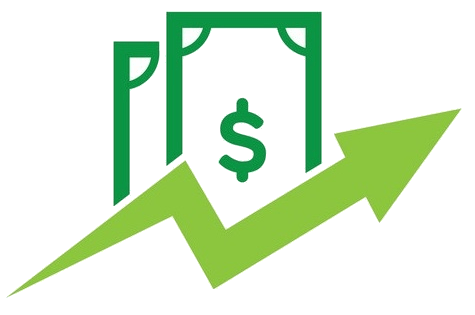Accounting for a Business cash advance differs from receiving a conventional loan. A Cash Advance is not considered a loan; instead, it is a purchase of your business’s future business sales. With a cash advance, it is possible to quickly get a lump sum of cash, and the process is simple and stress-free. Cash Advance funding also does not come with all the restrictions associated with some other funding options. Because business cash advances are considerably more accessible and faster than traditional loans, they have become a way for businesses to get much-needed funding without reaching out to a bank.
Business cash advances are repaid when the lender, or “purchaser,” takes a fixed percentage of daily credit card sales until the advance is settled. The repayment term is typically 3 to 12 months, which is much shorter than a loan repayment. Because they are not loans, there is no interest involved.
(Learn more about Merchant Cash Advances here).
How to Account for a Business Cash Advance
When handling the accounting for business cash advances, it’s important not to designate them as taxable income. It is also not advised to designate business cash advances in the same way that loans are designated. When accounting for a loan in accounting software, an interest amount must be specified in order to get the correct repayment period. Because the repayment of cash advances is based on a percentage of daily sales which vary daily, accounting for a cash advance is different.
A Business Cash Advance should be entered as “non-taxable income”. When you figure out the overall percentage of the fee you are paying, you can record payments as they occur each day, notating how much of the repayment is going toward the fee, which is tax-deductible.
If the entire fee is paid in one tax year, it is relatively easy to know how much to deduct. If the fee is paid over multiple tax years, you can prorate it as such and avoid more complicated calculations. As with many accounting records, there is more than one way to keep track of things.
Getting Accounting Help
If accounting for business cash advances or other non-traditional funding options gets you a bit confused, it’s always a good idea to consult with a tax expert. Financial advisors have the knowledge and experience to offer proven suggestions on best accounting for a business cash advance. It may be tempting for small business owners to save on accounting fees and do it independently. Still, it’s always worthwhile to ensure you are doing things correctly with your business’s financials and accounting. So if you have received a cash advance or wonder if it’s the right move for you, speak to a financial advisor and find out how a cash advance can help your business grow.
Learn more about Capital Quickly’s Merchant Cash Advance offers by giving us a call at 1-888-709-7446 or email us to find out how we can help you.
